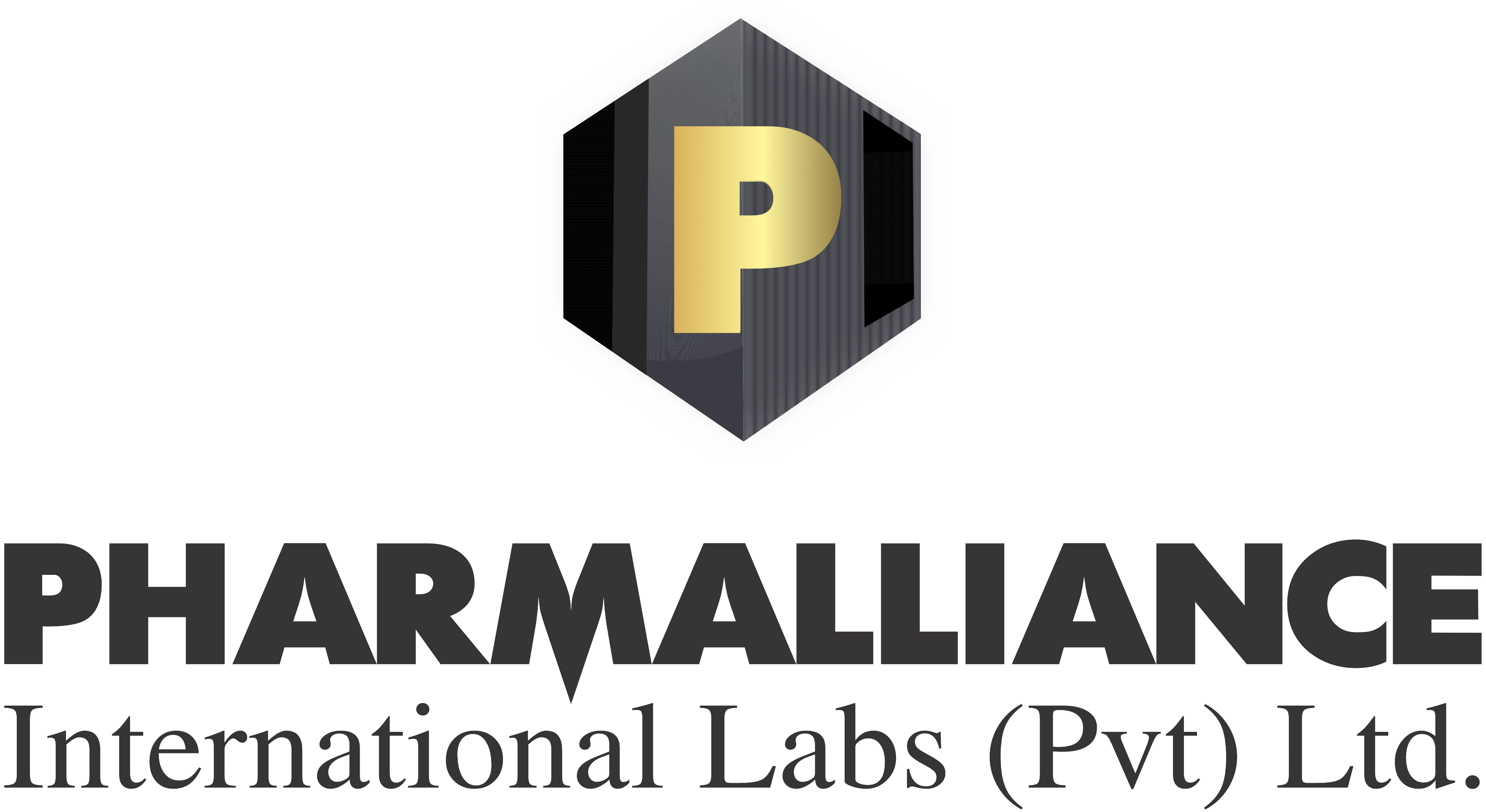Yes, there may be additional fees or charges associated with international transactions due to factors such as currency exchange rates, international banking fees, customs duties, taxes, and shipping costs. Here’s a breakdown of potential additional fees or charges for international transactions:
Currency Exchange Fees: When conducting international transactions involving different currencies, banks or financial institutions may charge currency exchange fees or foreign exchange conversion fees. These fees are typically applied to convert the payment amount from one currency to another at the prevailing exchange rate.
International Wire Transfer Fees: Banks or financial institutions may charge fees for processing international wire transfers, also known as telegraphic transfers or SWIFT transfers. These fees vary depending on the banks involved, the transfer amount, and the destination country. International wire transfer fees may include outgoing wire transfer fees, intermediary bank fees, and incoming wire transfer fees.
Customs Duties and Taxes: Import duties, customs fees, value-added taxes (VAT), and other taxes may be imposed by customs authorities in the destination country when importing pharmaceutical products. These fees are calculated based on the value of the imported goods, the product category, and applicable tariff rates. Distributors are responsible for paying these fees to clear customs and receive their shipments.
Shipping Costs: International shipping costs, including freight charges, insurance fees, and handling fees, may vary depending on the shipping method, destination country, shipment weight, and dimensions. Distributors are responsible for covering shipping costs associated with importing pharmaceutical products from our facilities to their location.
Bank Fees and Charges: Banks or financial institutions involved in processing international transactions may levy additional fees or charges, such as intermediary bank fees, correspondent bank fees, and currency conversion fees. These fees are deducted from the payment amount and may impact the total cost of the transaction.
Tariff Classification and Compliance Costs: Compliance with import/export regulations, including tariff classification, labeling requirements, and regulatory compliance, may entail additional administrative costs and expenses. Distributors may incur costs related to obtaining import permits, certificates of origin, and regulatory approvals for importing pharmaceutical products into their respective countries.
Overall, while we strive to provide transparent pricing and minimize additional fees or charges, distributors should be aware of potential costs associated with international transactions and factor them into their budgeting and financial planning. Our sales team can provide guidance and clarification on any additional fees or charges relevant to specific international transactions and assist distributors in navigating the complexities of cross-border commerce.




